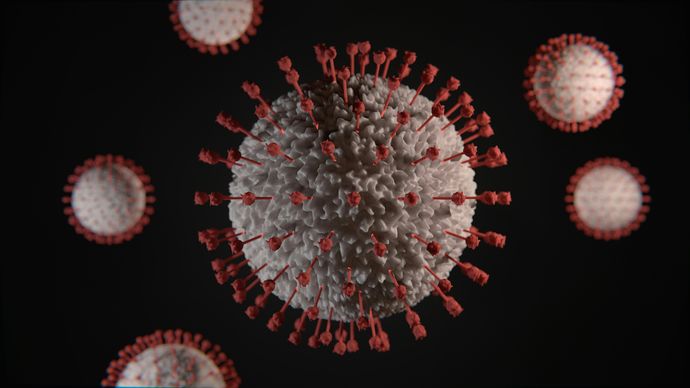1. Understanding Long COVID
Long COVID, or Post-Acute Sequelae of SARS-CoV-2 (PASC), refers to a range of symptoms that persist for weeks or months after the initial COVID-19 infection. Common complaints include fatigue, brain fog, shortness of breath, muscle aches, and difficulty concentrating.
Researchers believe these symptoms may stem from lingering inflammation, immune system overactivity, oxidative stress, or microvascular damage. Because of these underlying mechanisms, some patients and clinicians have turned to IV therapy as a way to replenish nutrients, support recovery, and reduce inflammation.
2. How IV Therapy Is Being Used
IV therapy delivers vitamins, minerals, antioxidants, and fluids directly into the bloodstream, allowing for faster absorption than oral supplements.
In the context of long COVID, several IV approaches are being explored:
-
Hydration IVs: To address dehydration, dizziness, and fatigue.
-
Antioxidant IVs (Vitamin C, Glutathione): To help reduce oxidative stress.
-
Vitamin IV Blends (B Complex, Magnesium, Zinc): To support cellular energy and immune function.
-
IVIG (Intravenous Immunoglobulin): A more specialized medical treatment targeting immune dysregulation.
3. What the Research Shows
The research on IV therapy for long COVID is still emerging.
-
IVIG: Some small studies and case reports have shown that IVIG may improve symptoms such as fatigue and brain fog in patients with immune-related post-COVID conditions. However, larger, high-quality trials are still needed before it can be recommended widely.
-
Vitamin and Antioxidant IVs: While antioxidants like Vitamin C and Glutathione have shown potential benefits in acute COVID cases, there is not yet strong evidence for their effectiveness in long COVID. Most reports of improvement remain anecdotal.
-
Hydration IVs: Many patients report temporary relief in energy and cognitive clarity after hydration therapy, but these effects are short-term and not a cure for underlying causes.
4. Potential Benefits and Limitations
Benefits:
-
May help alleviate fatigue and dehydration.
-
Can deliver higher doses of nutrients than oral supplements.
-
Some patients experience improved mental clarity and energy.
Limitations:
-
Evidence remains limited and primarily anecdotal.
-
Results vary from person to person.
-
Specialized IV treatments like IVIG are costly and require medical oversight.
5. The Future of IV Therapy for Long COVID
Ongoing research programs, including the NIH RECOVER Initiative, are studying how therapies like IVIG and nutrient infusions might support recovery from long COVID. As more data becomes available, treatment guidelines will become clearer.
For now, IV therapy should be considered a supportive or complementary approach, not a substitute for medical care or rehabilitation.
6. Key Takeaway
While IV therapy may offer symptomatic relief and potential support for immune balance and recovery, the evidence remains inconclusive. Patients considering IV therapy for long COVID should consult with a qualified healthcare provider to determine if it fits their specific needs and health profile.
At NewM Clinic, we offer customized IV drips and vitamin shots designed to support hydration, energy, and immune function.
If you’re recovering from long COVID or experiencing post-viral fatigue, our medical team can help you explore safe, evidence-informed options.
📞 Book a consultation today to learn more about personalized IV wellness support.




